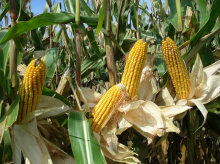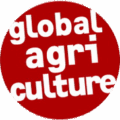
On Wednesday, the European Commission formally published a proposal to limit the amount of biofuels made from food crops in its renewable energy targets for 2020. The proposal introduces a 5% cap on food crop-based biofuels. However, the Commission has watered down plans to reduce the indirect climate impact of biofuels: Indirect land use changes (ILUC) occur if forests are cleared or peatland is dried to meet the growing demand for biofuels, which in turn leads to a net increase in carbon dioxide emissions. The proposed ILUC factors are now only for reporting purposes and carry no legal weight when determining whether biofuels meet minimum greenhouse gas saving thresholds. In a press conference on Wednesday, Climate Commissioner Connie Hedegaard and Energy Commissioner Guenther Oettinger said the proposal was “not perfect” but would send out the right signal to the biofuel industry to move on to second generation fuels made from waste, algae or straw. Many NGOs and environmentalists welcomed the proposal as a first step but felt the reform did not go far enough. “The proposed cap is higher than the current level of consumption of first generation biofuels in Europe. With close to 900 million people suffering hunger in the world what is needed is a rapid phase out of these biofuels”, said Oxfam’s EU biofuels expert Marc Olivier Herman. Friends of the Earth Europe stressed that “after two years of dithering the European Commission has virtually ignored the significant deforestation and climate emissions from biofuels.” The proposal will need to be agreed by the European Parliament and the Council of Ministers. According to ActionAid’s Head of Campaigns Belinda Calaguas, “the EU Member States and Parliament should walk away from this proposal and wait until the European Commission comes back with something that will actually tackle climate, land grabs and hunger.”
